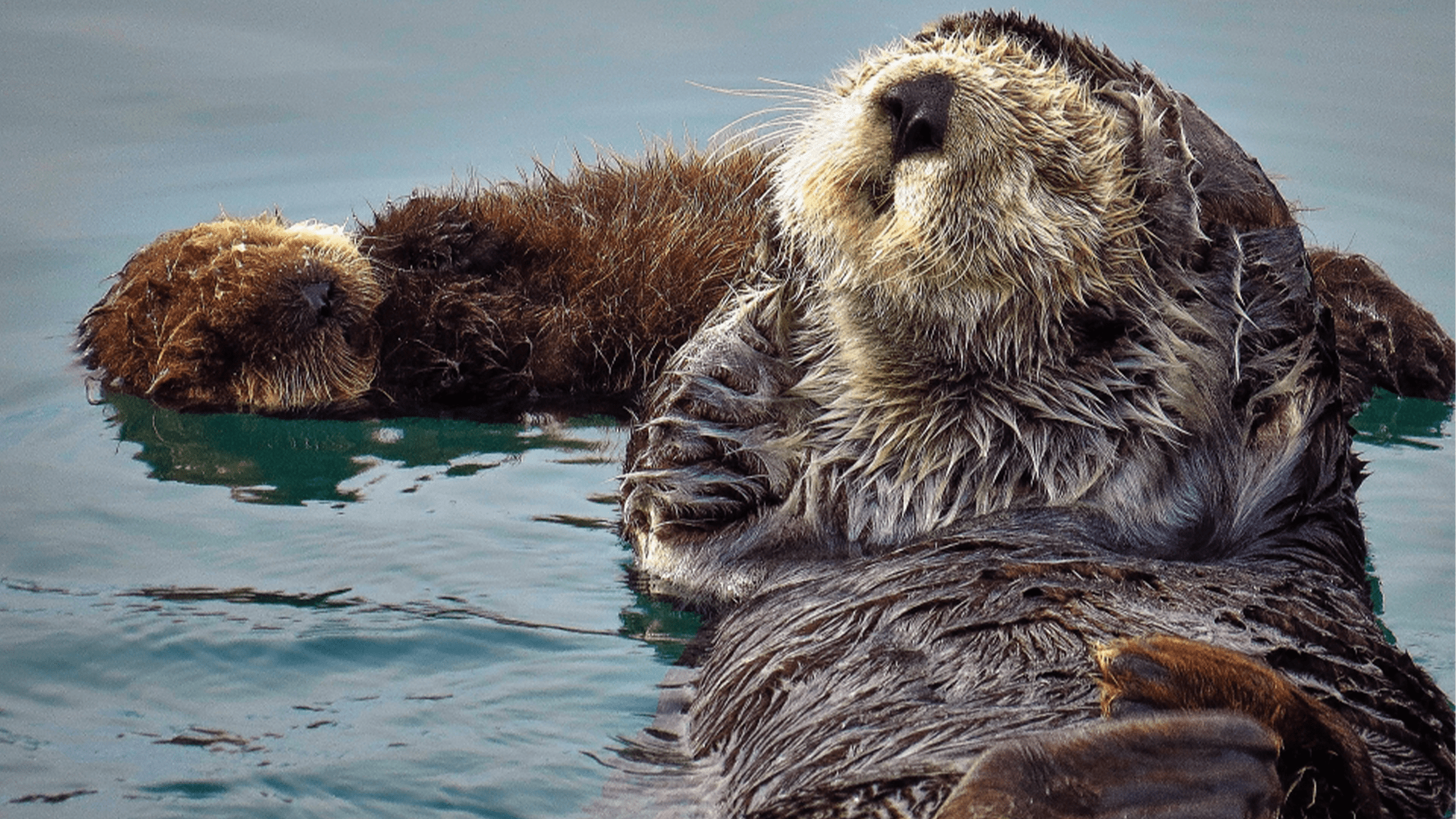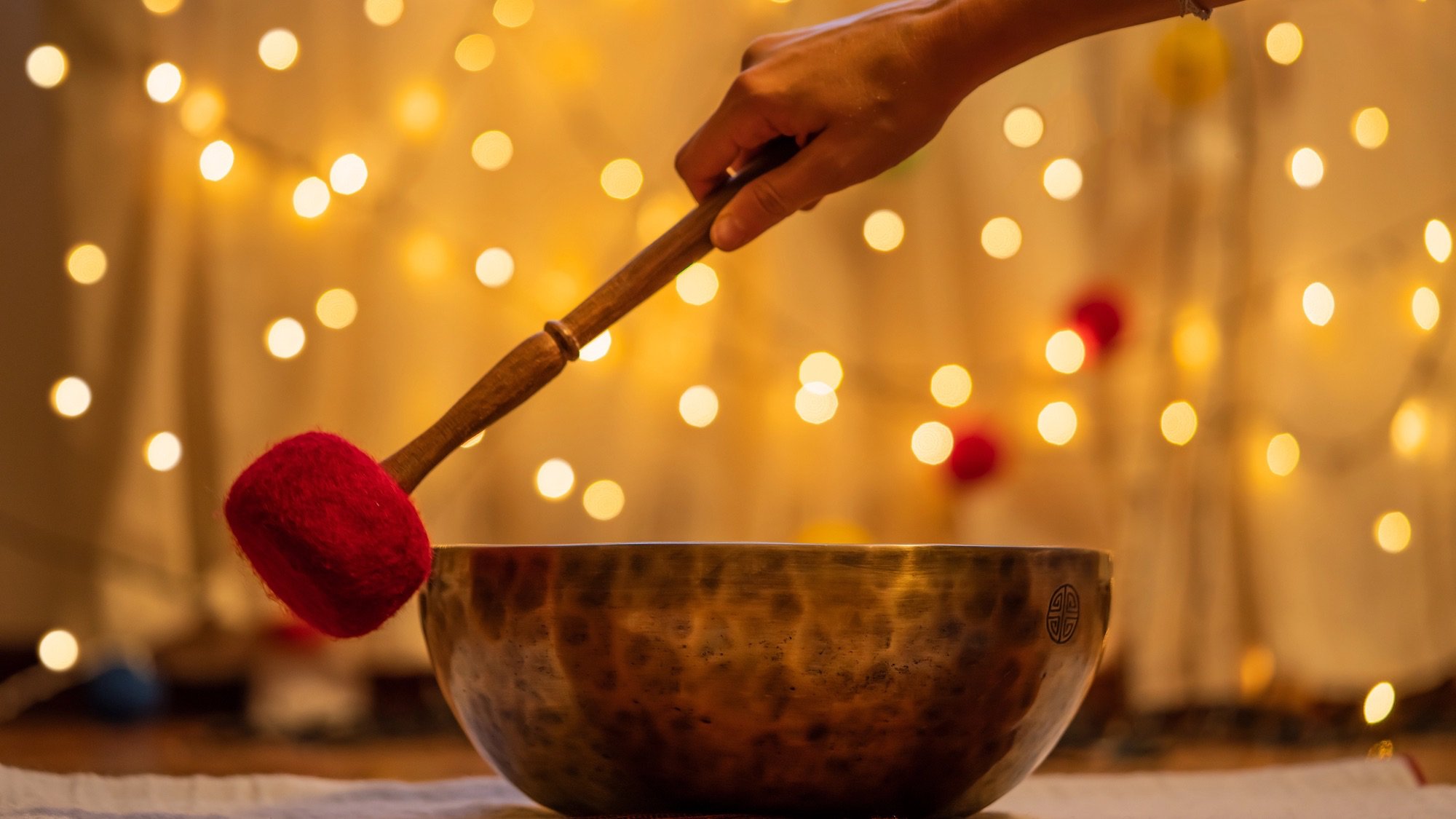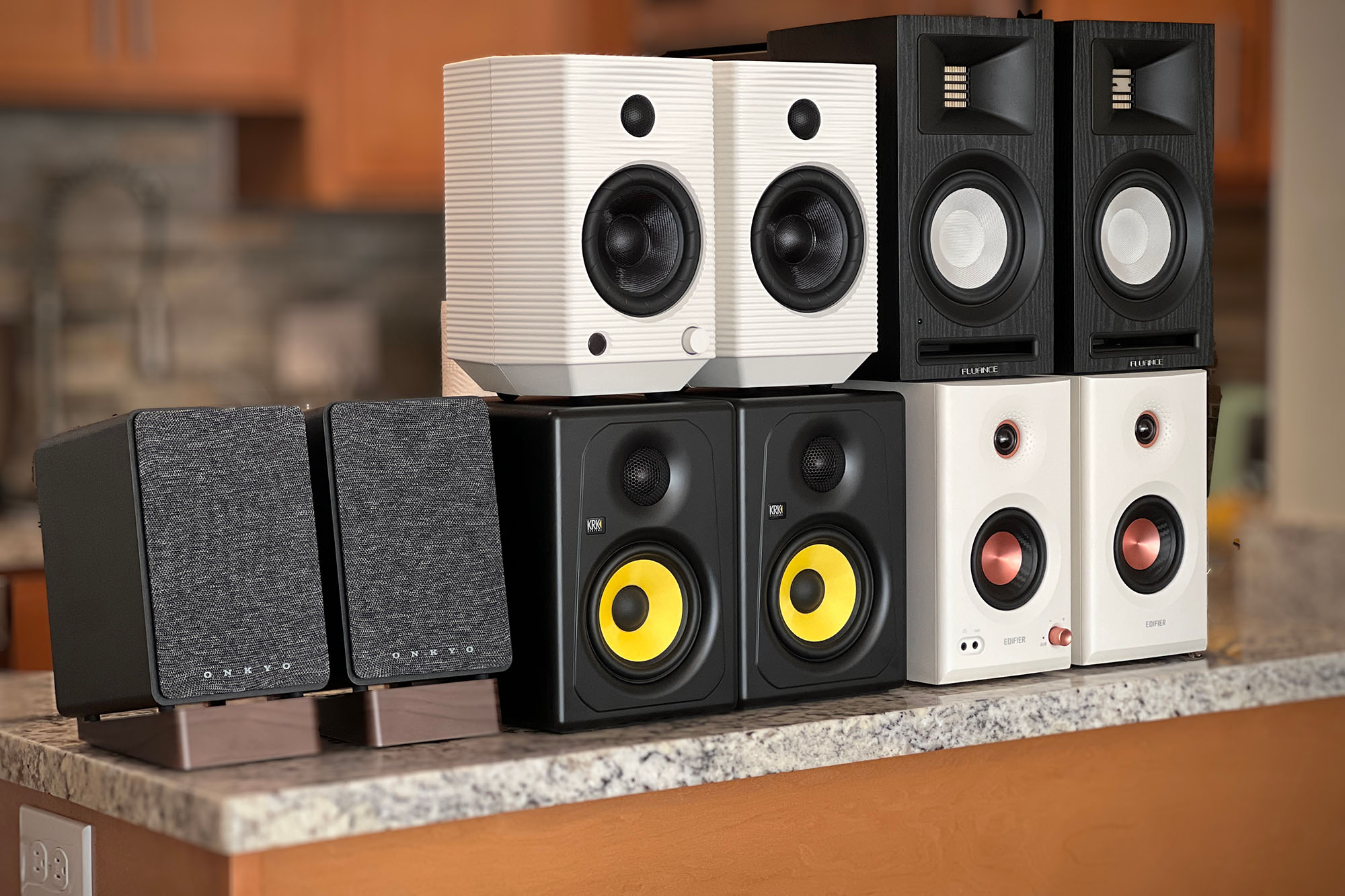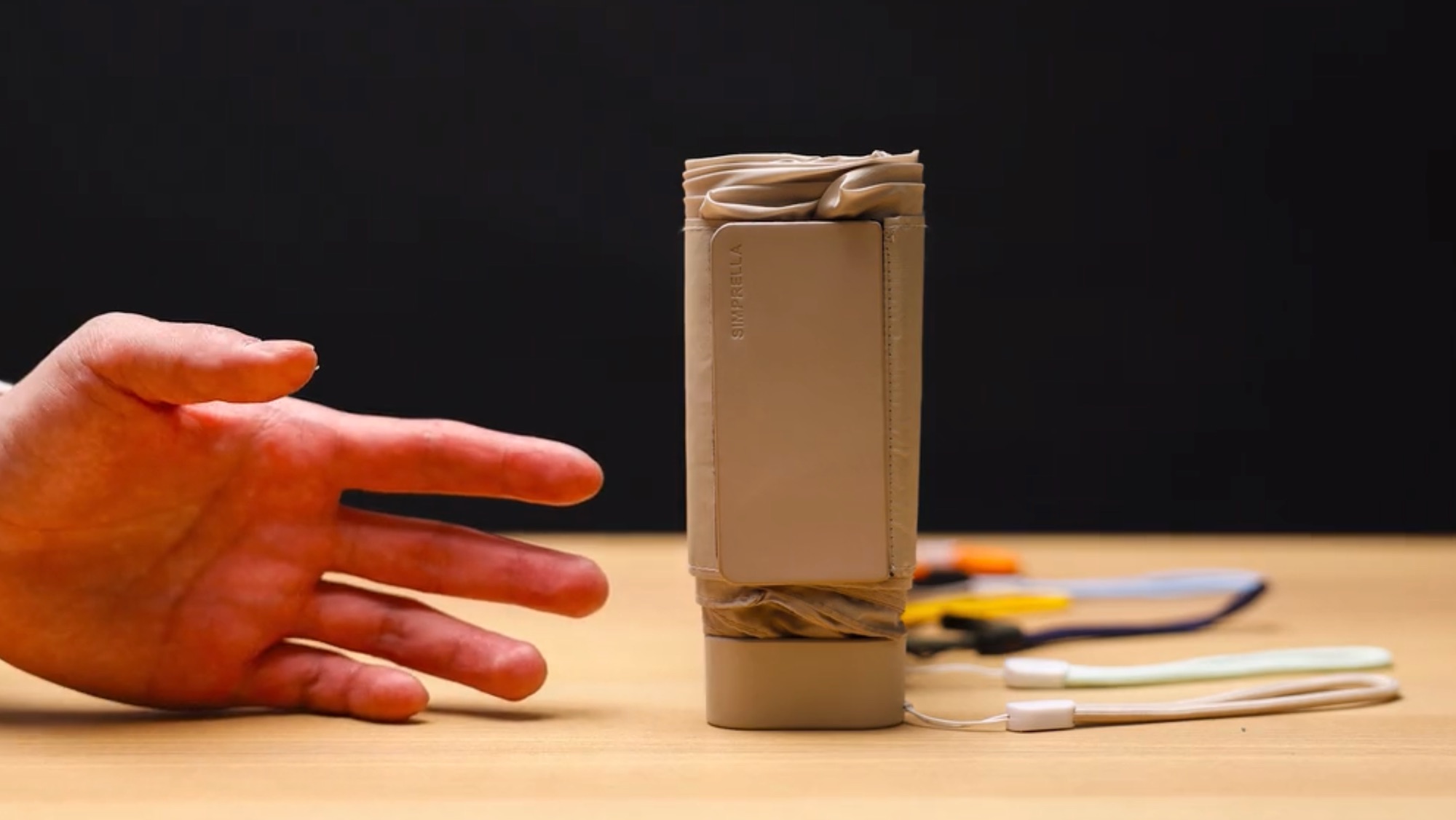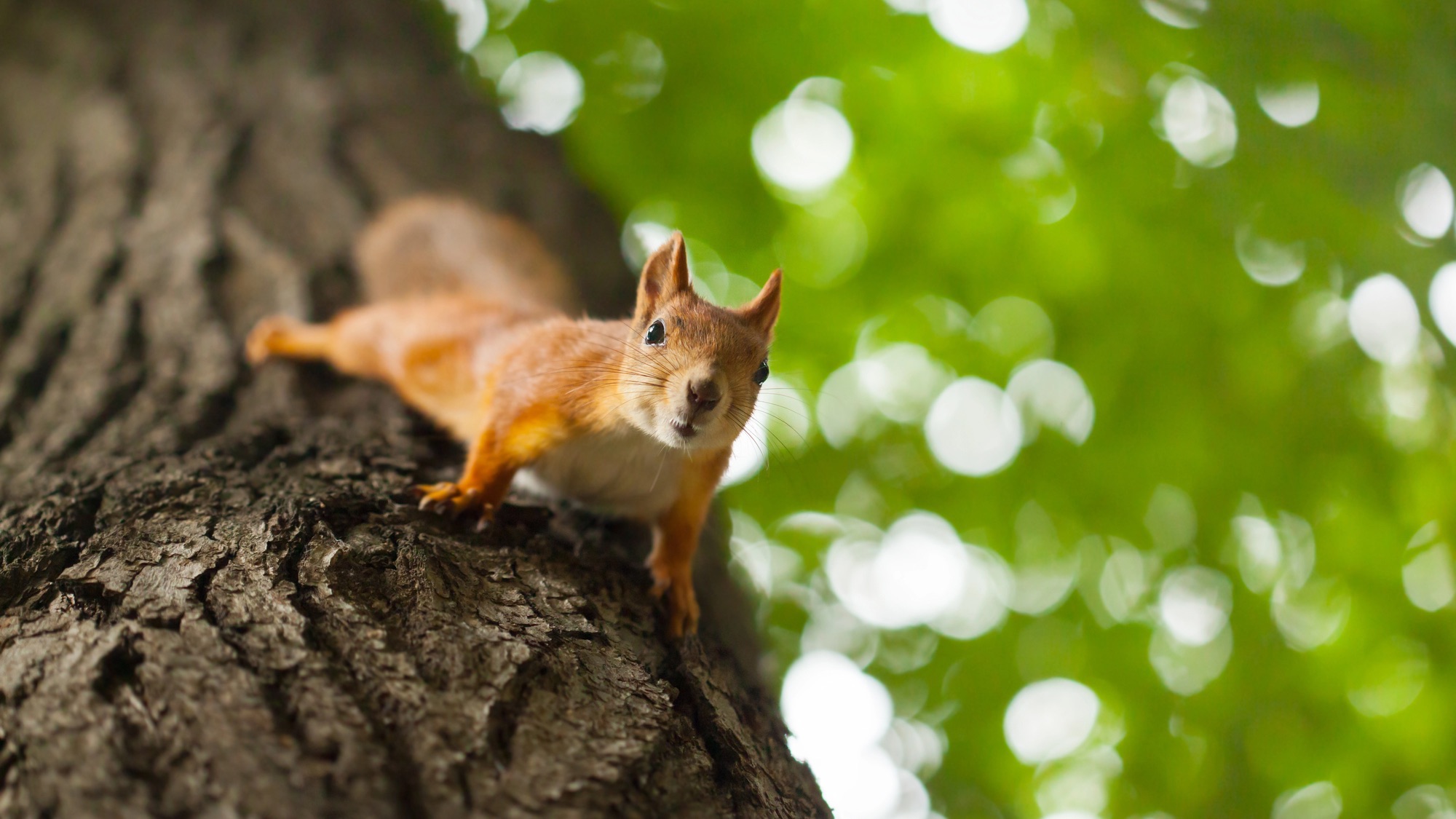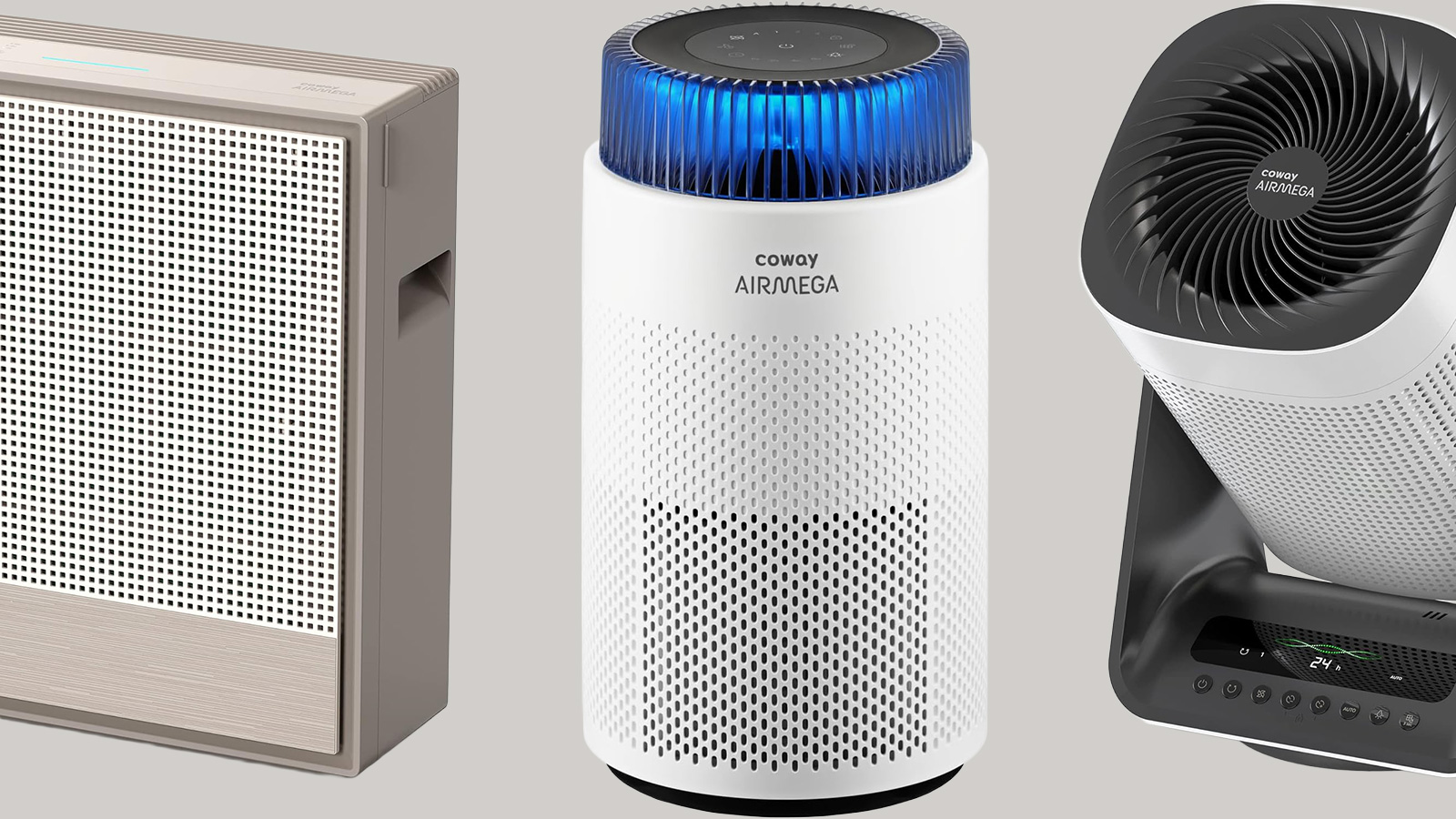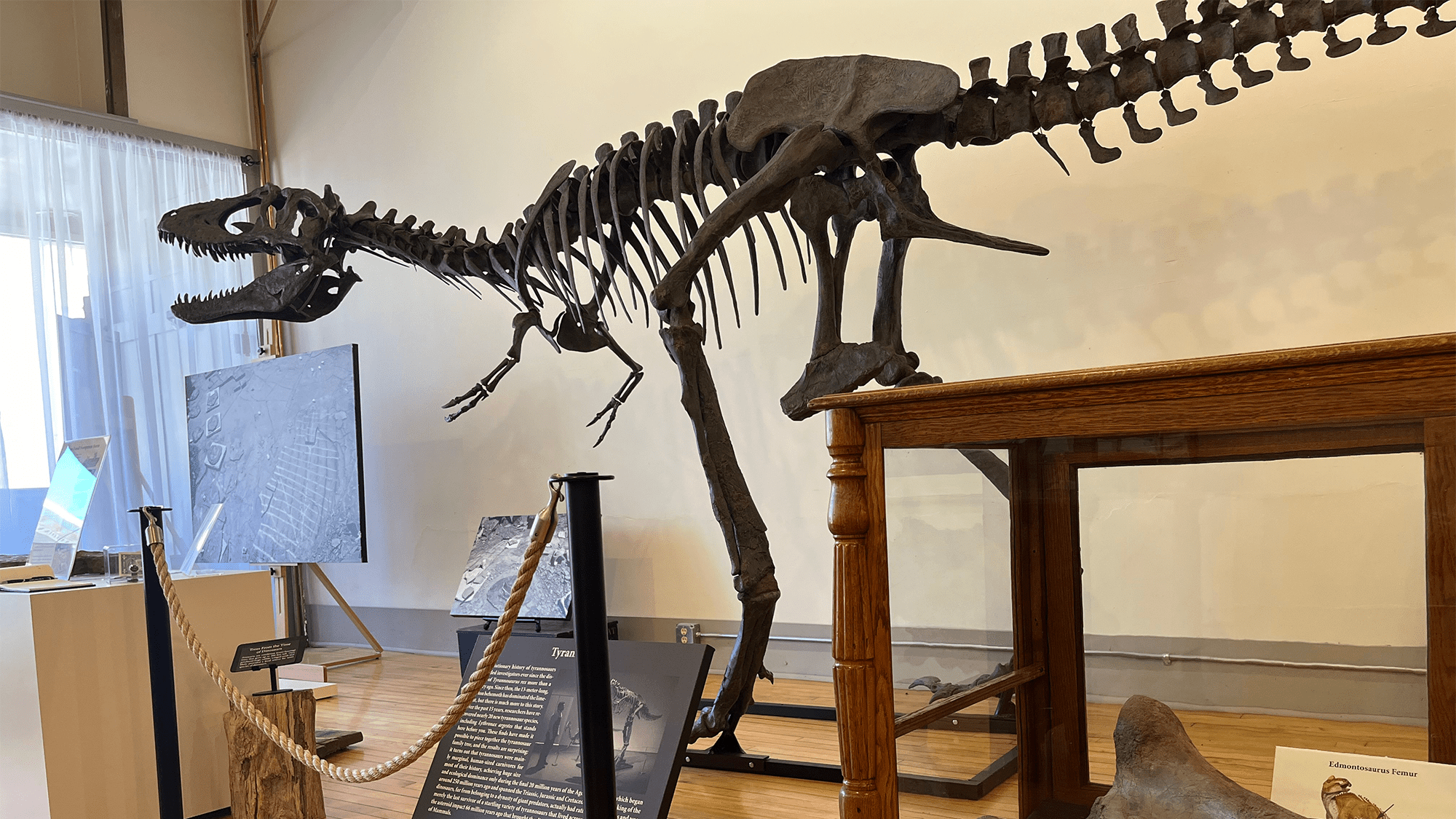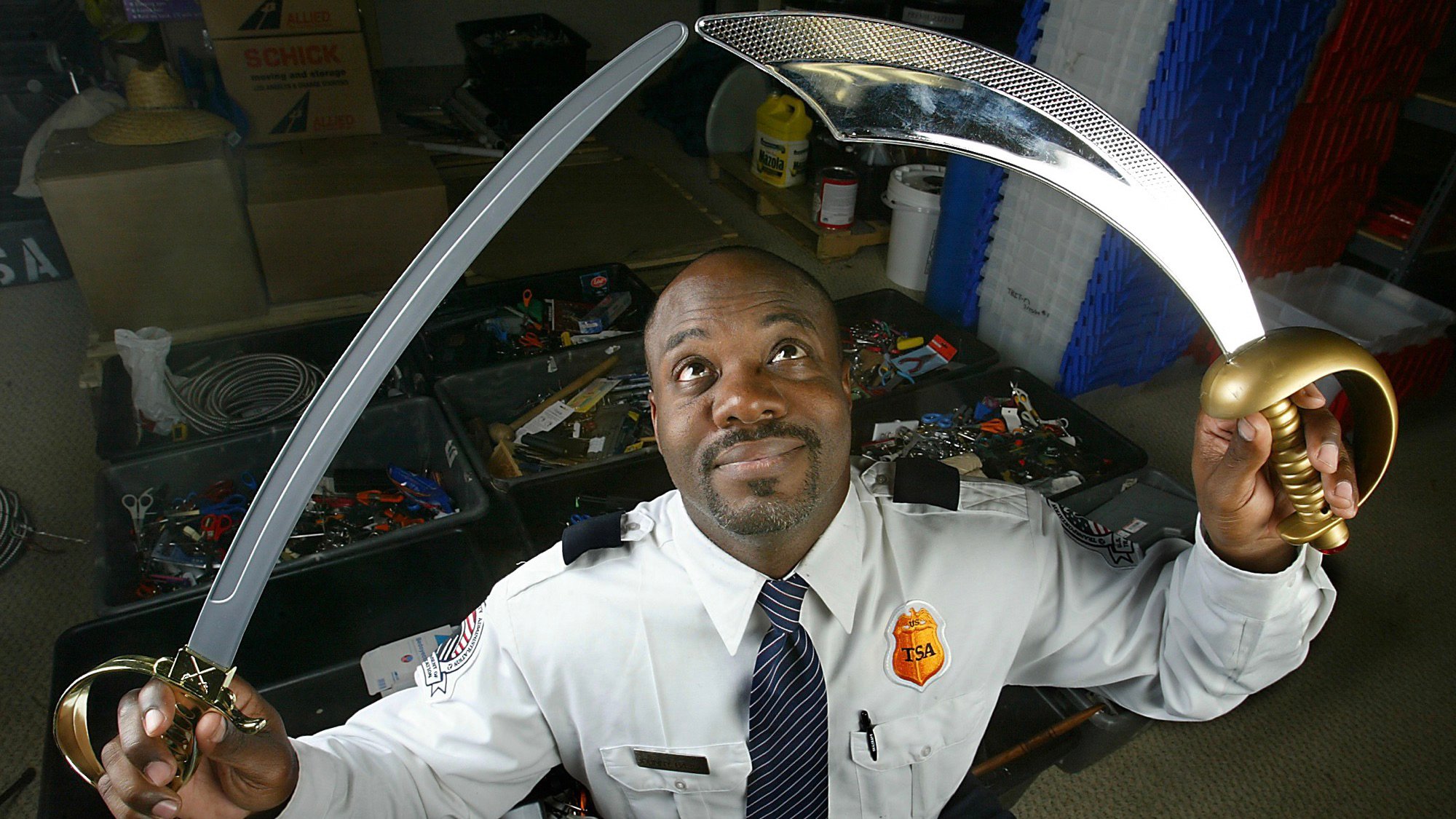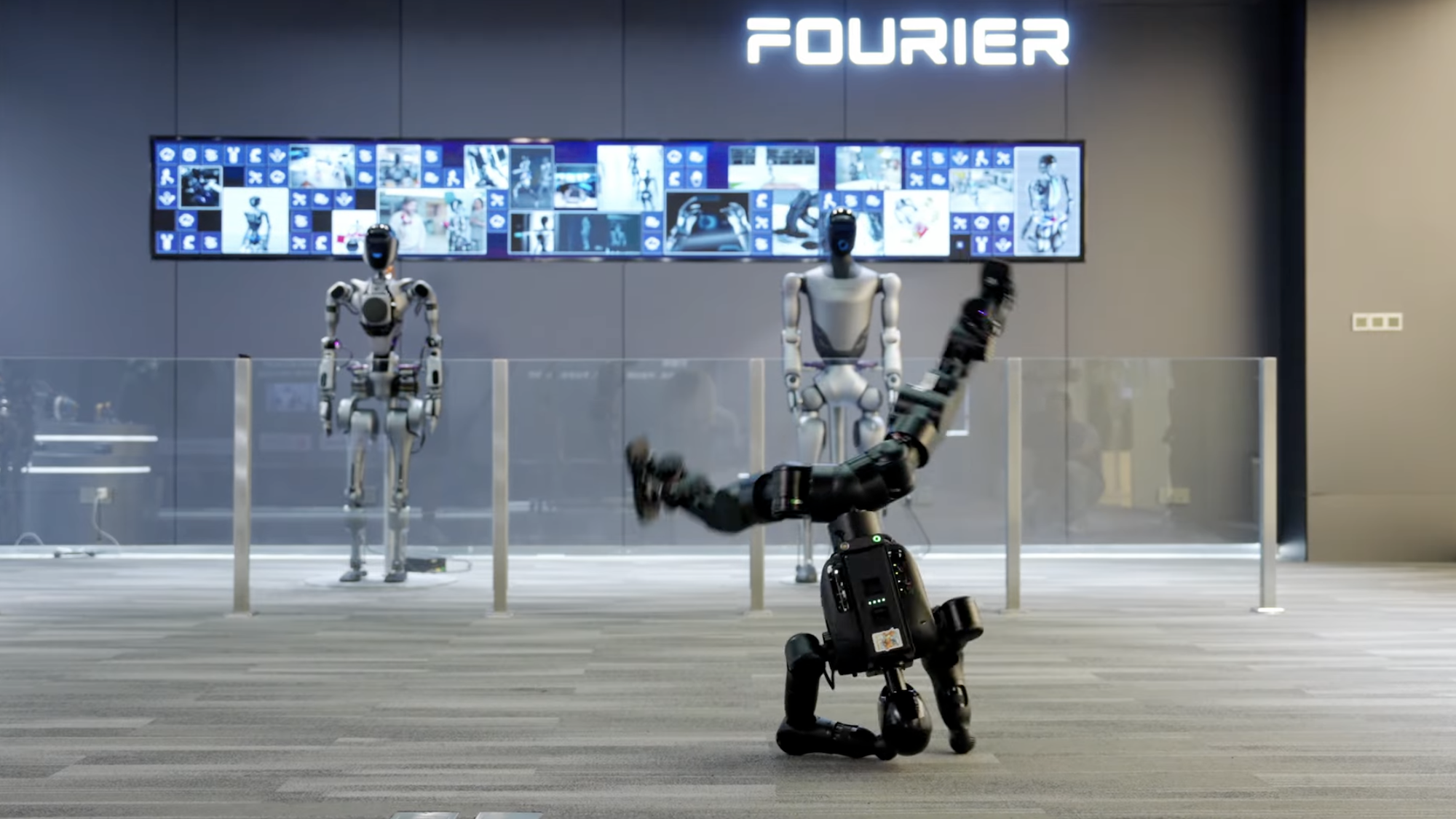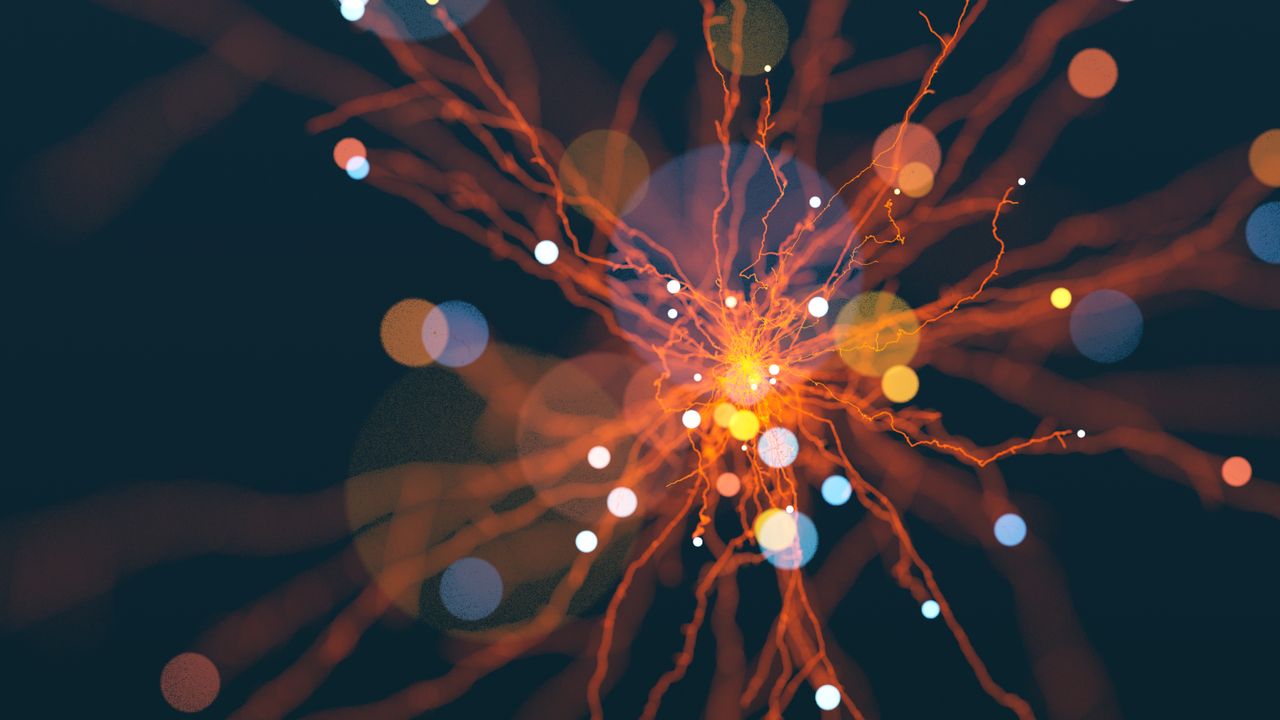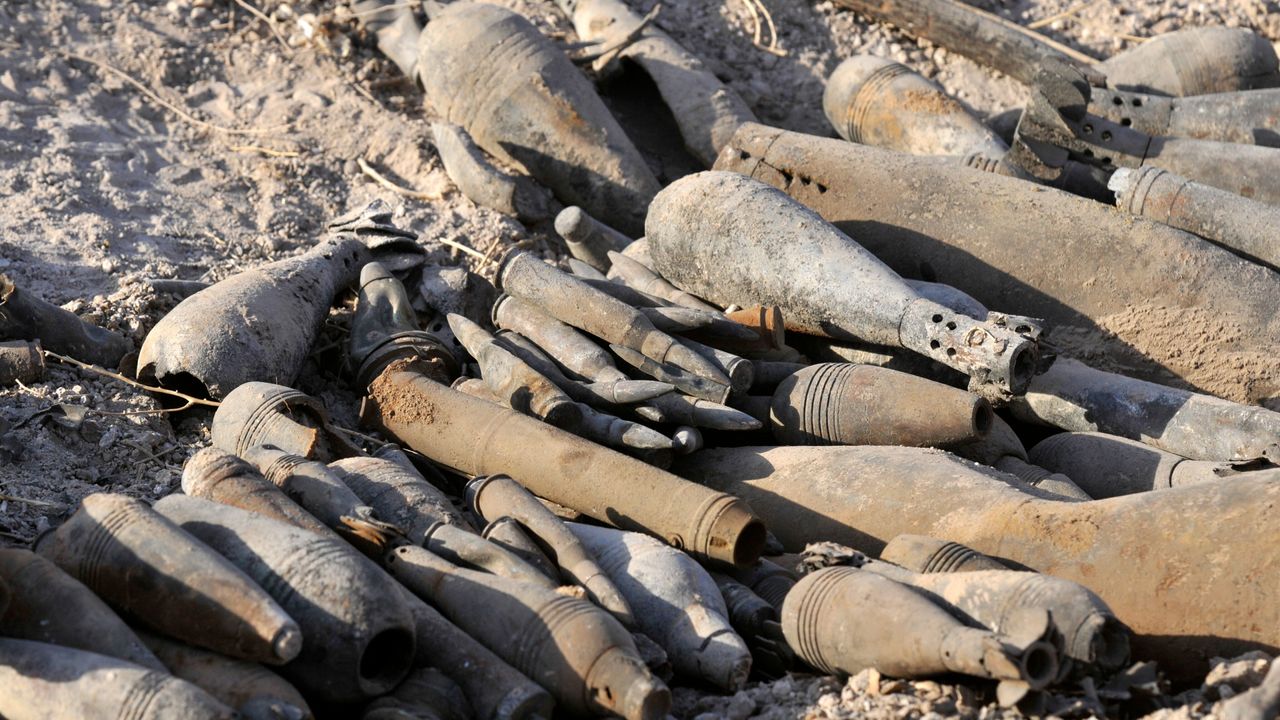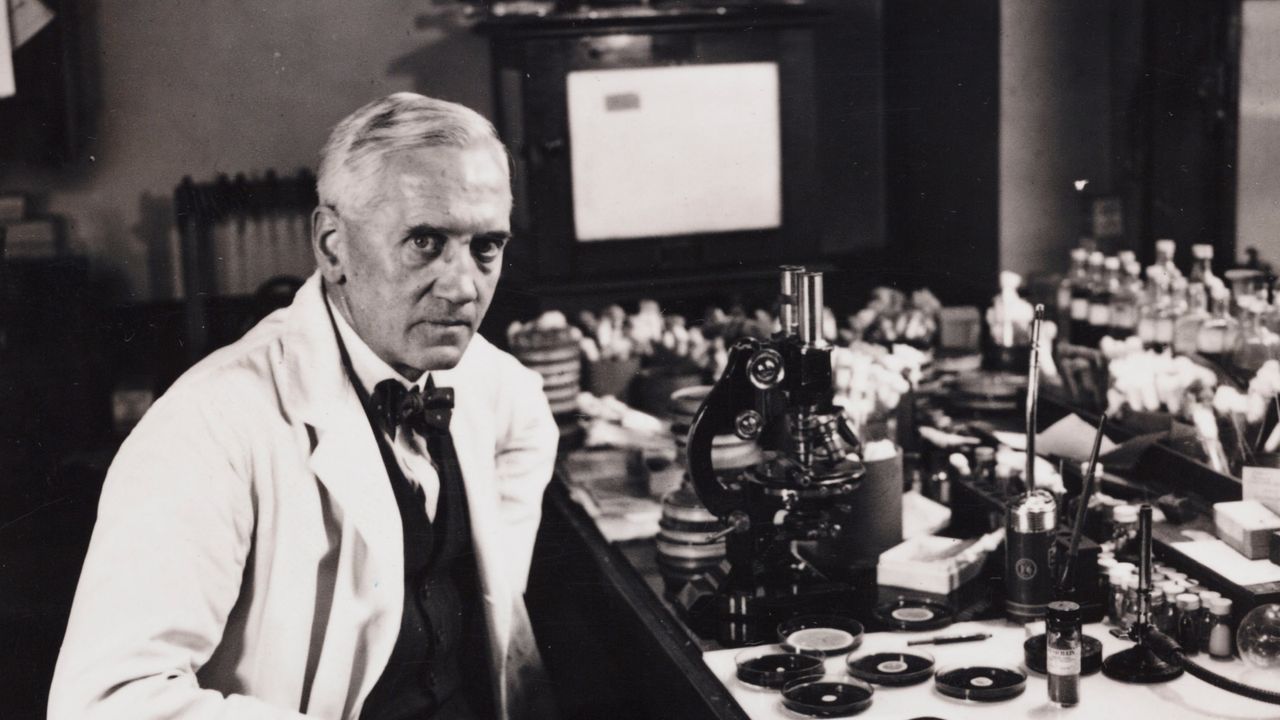You should wash your clothes with cold water
PositiveScience
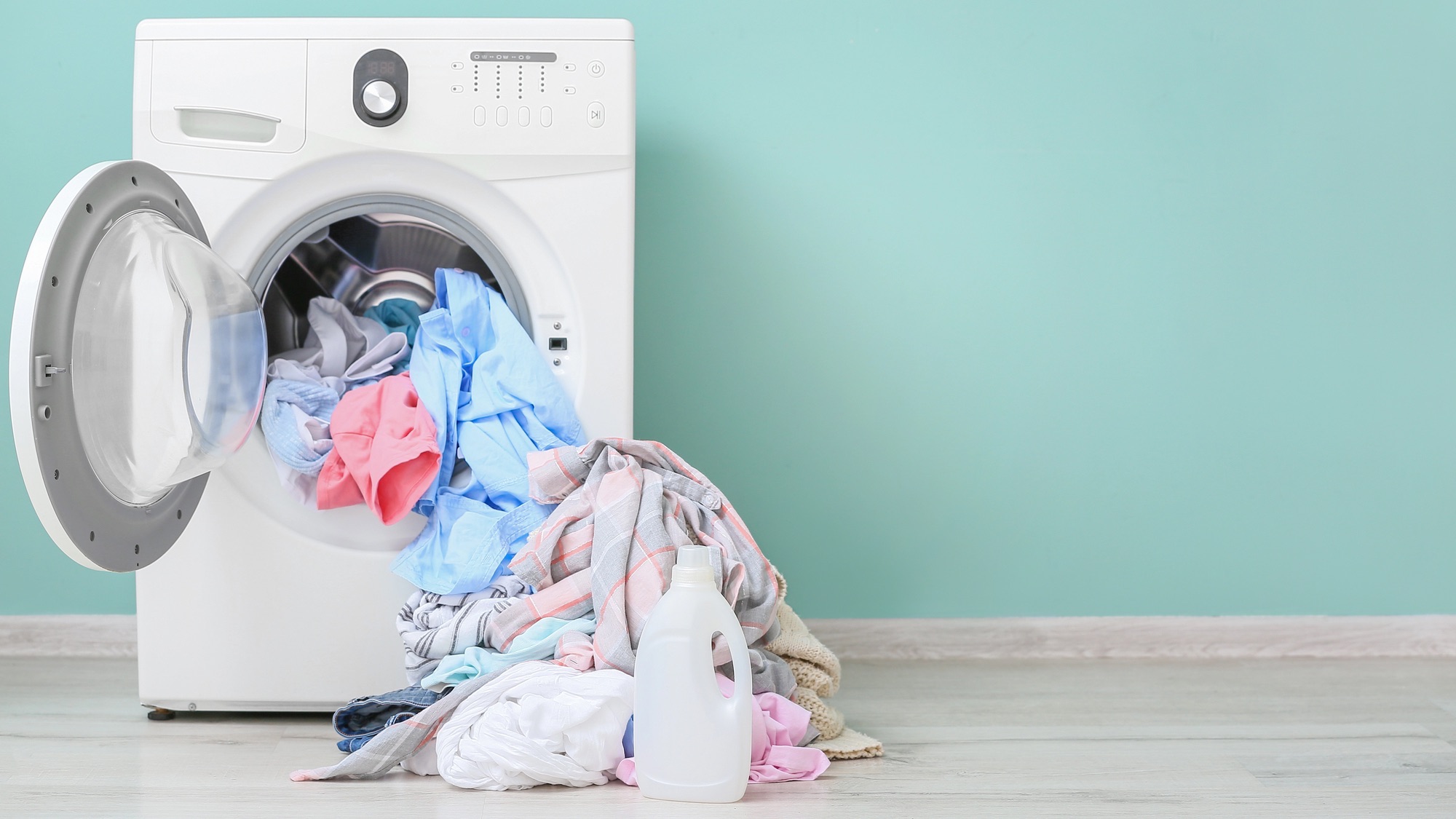
Washing your clothes in cold water is not just a trend; it's backed by modern science. Recent insights reveal that contemporary laundry detergents are more effective when used in cold water, which can lead to cleaner clothes while also saving energy. This shift not only benefits your wardrobe but also contributes to a more sustainable lifestyle by reducing your carbon footprint. So, next time you do laundry, consider going cold for a win-win situation.
— Curated by the World Pulse Now AI Editorial System

